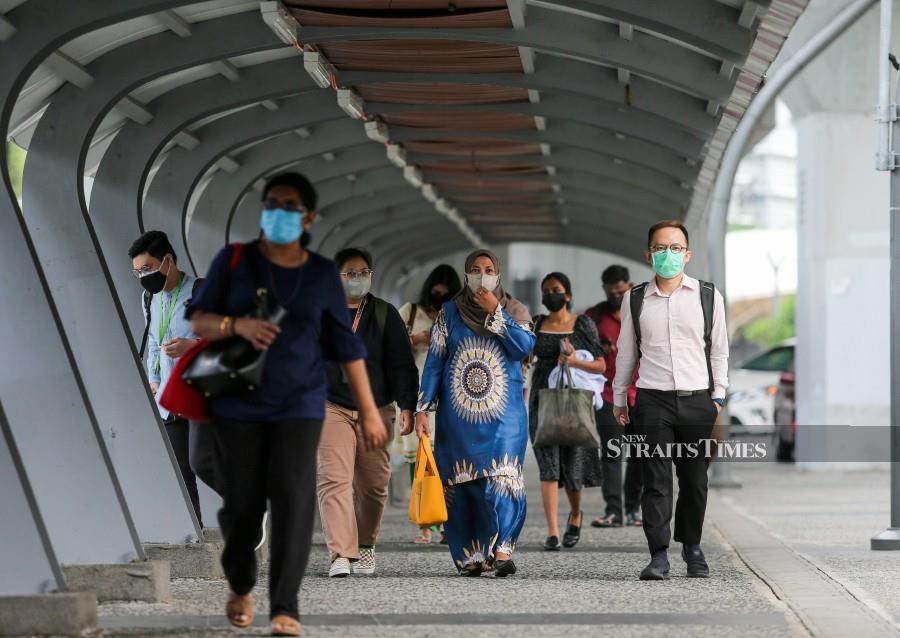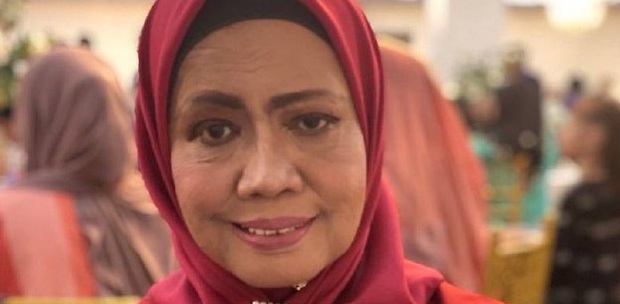Cultural diplomacy has been practised in Malaysia since the early days of the country's independence in 1957.
The term used, however, was slightly different as it was then known as cultural exchange or cross-cultural. At first, cultural diplomacy was understood as the utilisation of cultural resources to serve goals within the country's foreign policy.
This later evolved to an exchange of ideas, values, beliefs, traditions, systems and other features of culture in serving the purpose of mutual respect and understanding between countries.
Not only is Malaysia strategic geographically-speaking, it is also metaphorically an island built on an ocean of cultural treasures.
Through the three main ethnicities and various other sub-ethnicities in Sabah and Sarawak, our country has an overwhelming cultural uniqueness, including performing arts, cuisines, dresses, religious festivities, local sports, and architecture.
A trip down memory lane to 1957 will see us at that historic moment at the United Nations when the late Tun Dr Ismail Abdul Rahman, who was Malaysia's Permanent Representative to the UN, put on traditional Malay clothing with a tengkolok and keris before addressing the 81 other members.
This was one example of how a leader became an icon of cultural diplomacy and introduced the Federation of Malaya, which at that time had just gained independence, to the eyes of the world.
Recognising the importance, the Foreign Affairs Ministry launched Focus in Continuity: A Framework of Malaysia's Foreign Policy in a Post-Pandemic World on Dec 7, last year.
One of the thrusts is that of Cultural Diplomacy.
Do we still remember the success of the spectacular concert at the Royal Albert Hall in London performed by Malaysia's number one singer, Siti Nurhaliza, in 2004?
It became a symbol of pride when traditional Malay songs were graciously and melodiously performed in the hall to an international audience.
This is just part of Malaysia's many successes in promoting its traditions globally.
The late Sudirman Haji Arshad was named the Number One Asian Entertainer in 1989 in London and Malaysia's Singing Ambassador in 1985.
Earlier, Malaysia's great artiste, P. Ramlee, won the Best Music (Score) award at the 3rd Asian Film Festival (AFF) and Best Actor award at the 4th AFF.
To this day, P. Ramlee (film icon), Sudirman and Siti Nurhaliza (singing icons), Chef Wan (cuisine icon) and many more remain well-known regionally and internationally.
It has been proven that culture is a powerful instrument and asset in shaping the national brand and identity.
For instance, Hallyu industries (the Korean wave) have started to spread rapidly across the world with K-dramas, music and films since the 1990s.
Standing at the same level with Hollywood, it is also increasingly popular, especially among teenagers and youths.
Can Malaysia create her own M-wave?
If South Korea has a variety of historical films and dramas, Malaysia is no less great.
With our rich history and tradition, Malaysia has produced great films based on the history of the country that received world recognition, primarily Hang Tuah in 1955 and Puteri Gunung Ledang in 2008.
PGL, adapted from a Malay legend portraying the love-hate relationship between the Sultan of Melaka and a Javanese princess, was nominated in the Bangkok International Film Festival and Venice International Film Festival.
It was ranked 49th in Best Foreign Film category in the 2004 Academy Awards, and lead actress Tiara Jacquelina also won the Best Actress award in the 2005 Asia-Pacific Film Festival.
At the same time, language is also an important aspect of culture. History has recorded how the Malay language became the medium of communication between foreign traders and locals during the Melaka Sultanate.
The government's decision to make Malay the official language in all official affairs, including regional and international conferences, is timely to empower national language in diplomacy.
Japan, France, Turkey and many other countries are extremely proud of their mother tongues and have formed strong and respectable national identities. Malaysia is also poised to do the same.
Today, technology provides greater opportunities for Malaysia to promote its culture to the world.
This task requires close synergy from government agencies, arts and culture industrial players, diplomats, students and Malaysians abroad, as well as the Malaysian community.
Ultimately, we all are the ambassadors of our own arts and culture with important roles to play, no matter how big or how small.
The writer is Social Research Officer at Centre for Political Studies and Economic Diplomacy, Institute of Diplomacy and Foreign Relations (IDFR)
The views expressed in this article are the author's own and do not necessarily reflect those of the New Straits Times





